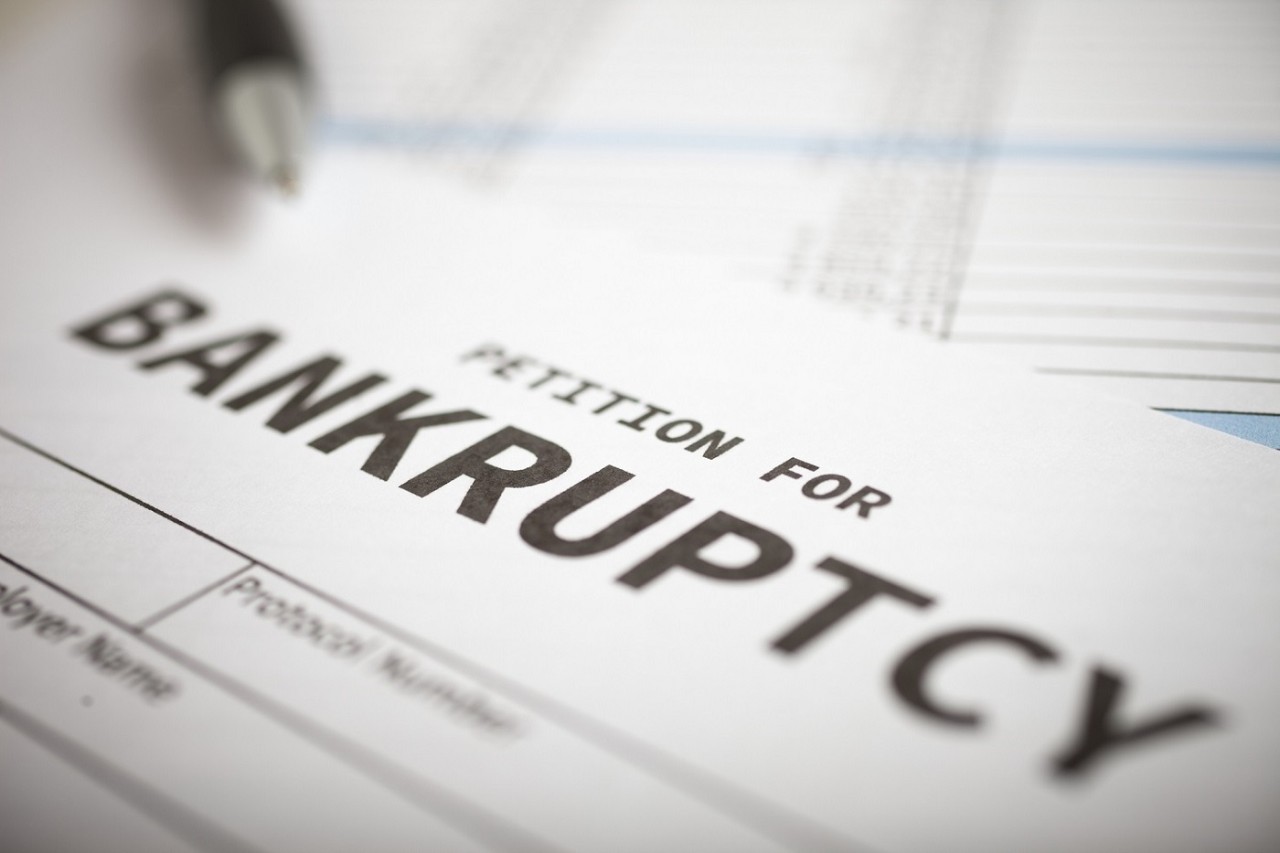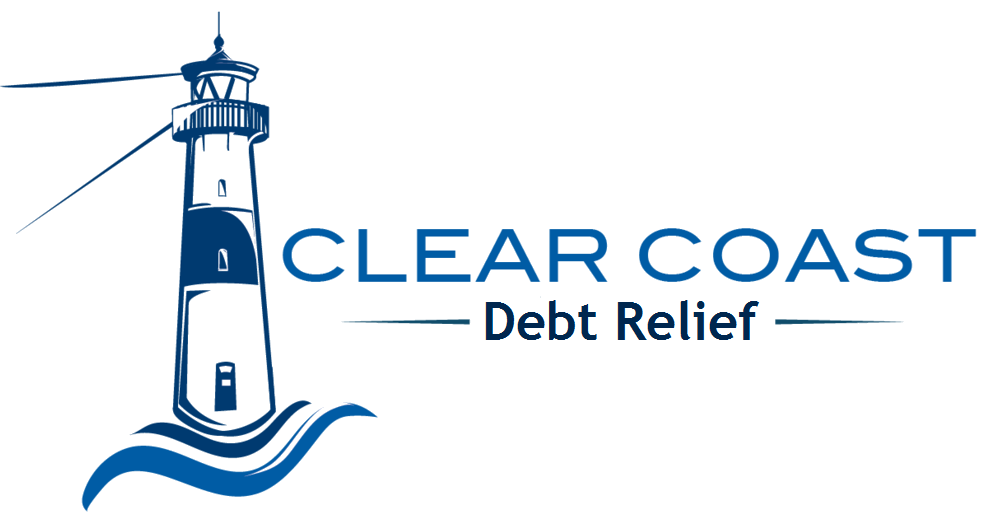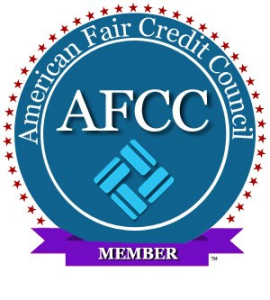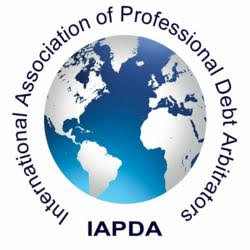 You did everything you could to avoid it. You cut back on spending. You sold stuff to make payments. You’ve been eating rice and beans for months now. But even with all the work, you’ve come to one painful conclusion—you may need to file bankruptcy.
You did everything you could to avoid it. You cut back on spending. You sold stuff to make payments. You’ve been eating rice and beans for months now. But even with all the work, you’ve come to one painful conclusion—you may need to file bankruptcy.
Bankruptcy is confusing, not to mention emotionally devastating. It’s a serious decision, and we don’t want you to have surprises along the way. Here are some things you need to know before you take the first step.
What is bankruptcy?
Bankruptcy is a court proceeding where you tell a judge you can’t pay your debts. The judge and court trustee examine your assets and liabilities to decide whether to discharge those debts. If the court finds that you really have no means to pay back your debt, you declare bankruptcy.
Bankruptcy can stop foreclosure on your home, repossession of property, or garnishment of your wages. Bankruptcy cancels many—not all—of your debts.
Bankruptcy doesn’t clear:
- Student loans
- Government debts like taxes, fines or penalties
- Child support and alimony
- Expensive items purchased right before filing bankruptcy like cars, boats, or jewelry
When you file for bankruptcy, creditors have to stop any effort to collect money from you, at least temporarily. Most creditors can’t write, call or sue you after you’ve filed. However, even if you declare bankruptcy, the courts can require you to pay back certain debts. Each bankruptcy case is unique, and only a court can decide the details of your own bankruptcy.
What are the main types of bankruptcy?
There are two main types of bankruptcy for consumers. You’ve probably heard of them: Chapter 13 and Chapter 7.
Chapter 13
Chapter 13 means the court approves a plan for you to repay some or all of your debts over three to five years. You get to keep your assets (stuff you own) and you’re given time to bring your mortgage up to date. You agree to a monthly payment plan and must follow a strict budget monitored by the court. This kind of bankruptcy stays on your credit report for seven years.
Chapter 7
Chapter 7 means the court sells all your assets—with some exemptions—so you can pay back as much debt as possible. The remaining unpaid debt is erased. You could lose your home (or the equity you’ve put into it) and your car in the process, depending on what the court decides. You can only file Chapter 7 bankruptcy if the court decides your income is too low to pay back your debt. This type of bankruptcy stays on your credit report for 10 years.
You’ve probably heard of other types of bankruptcy, like Chapter 11. It’s typically reserved for businesses. You may also hear of Chapter 12 bankruptcy, which is for farmers and fishermen.
For specific information about bankruptcy laws in your area, visit the United States Courts website. There you’ll find information on the process and where to find help in your area. There is a bankruptcy court for each judicial district in the United States—90 districts in all.
What are the consequences of filing bankruptcy?
Let’s not sugarcoat it: Bankruptcy takes a huge emotional toll on a person. It ranks up there with divorce, loss of a loved one and business failure. Beyond the emotional impact, here are other effects of declaring bankruptcy:
- Your bankruptcy becomes public domain.
This means your name and other personal information will appear in court records for the public to access. That’s right… potential employers, banks, clients and businesses can access the details of your bankruptcy. - Filing bankruptcy is expensive.
Filing fees for Chapter 13 bankruptcy will cost around $310 plus attorney fees, which can be anywhere from $1,500 to $6,000. For a Chapter 7 bankruptcy, you’ll shell out $335 for filing fees and $835 to $3,835 for an attorney.(1) - Buying a home could be more complicated.
Unless you pay cash for a home, it could take one to four years before you qualify for a mortgage loan.
Get Professional Help
Remember, bankruptcy should always be a last resort to resolve your debts, once you have exhausted all other avenues. Many consumers consider opting for a debt settlement program to settle their debt for less then what they owe. Though a debt settlement program can negatively impact your credit score, the damage is not as severe as filing for bankruptcy. Clear Coast Debt Relief specializes in debt settlement and our associates are standing by to help guide you through this difficult time in your life. Call 1-866-837-0095 for a free consultation.


